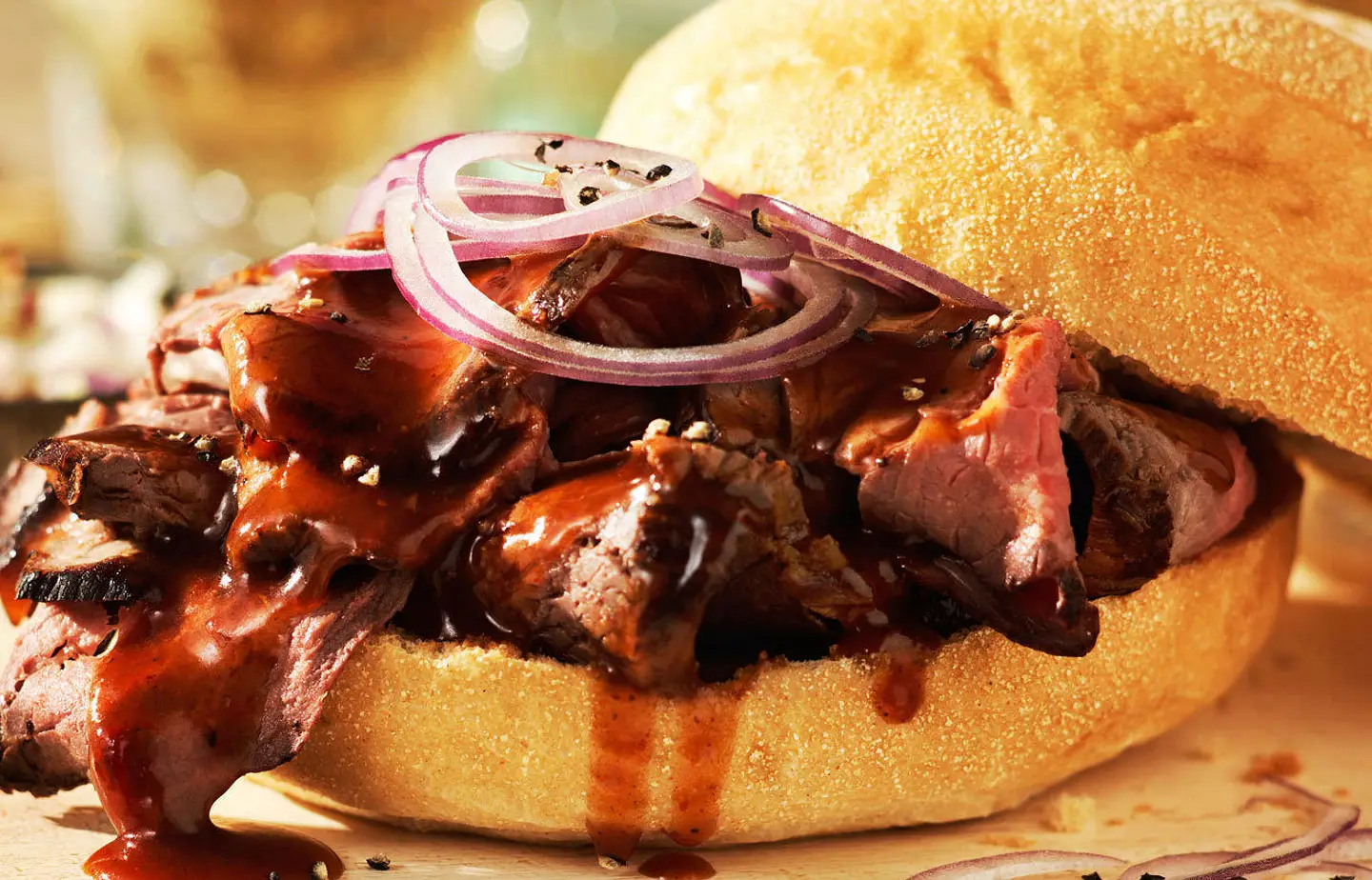
Plant-based Sausage and Egg Breakfast Sandwich

Plant-based Sausage and Egg Breakfast Sandwich

Grilled Chicken & Corn Burrito

Bbq beef on a bun

VEGETARIAN NACHO CASSEROLE

Choco-pistachio cookies

OKA-STUFFED CHICKEN BREASTS WITH MAPLE GLAZE

CLASSIC CHEESE FONDUE

Spiced meatballs with tomato sauce and herbs

Walnut bread pudding
What we offer
More than
75 gyms
in Quebec

Most gyms
open
24/7
Starting at
$129.75
per year

Today is the day. Join now!
Éconofitness is THE gym you need to work out more and feel great! Over 75 gyms in Quebec, most of which are open 24/7, with memberships starting at $129.75/year, enough quality equipment for everyone and a friendly atmosphere. Work out at your own pace starting today!
